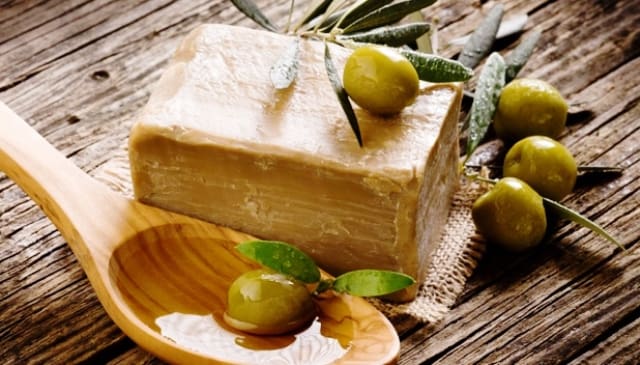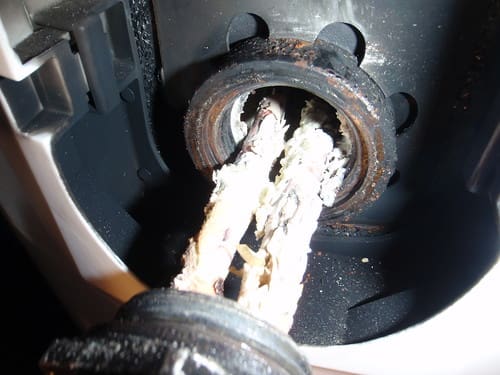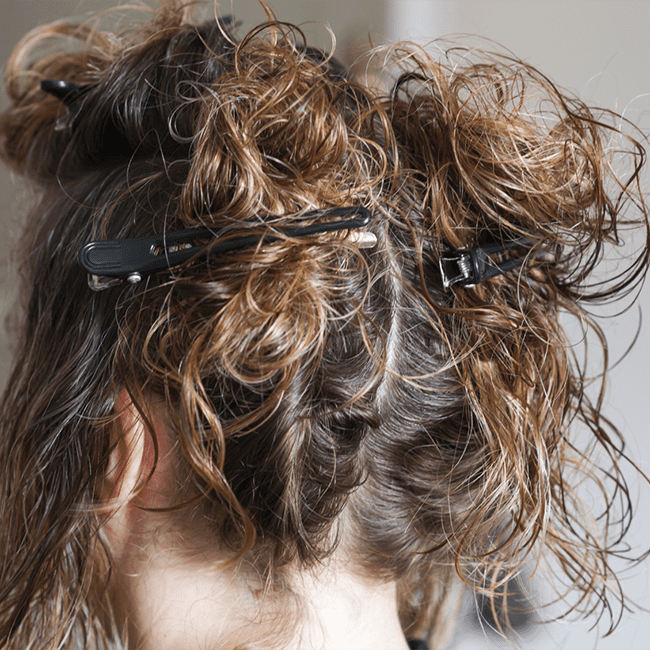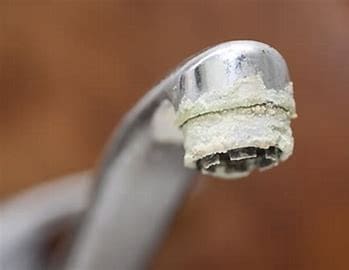Whats The difference Between Hard & Soft Water
Have you ever wondered if it makes a difference when using hard water vs soft water when it comes to cleaning? Water has been tagged the universal solvent because it can dissolve and absorb many of the minerals and chemicals it comes in contact with. Water by itself however does not do as well in removing stains and dirt from laundry, floors, skin, and other areas because a lot of the dirt and stains contain oil and grease. To put it simply, water and oil don’t mix. This is why we have a host of cleaning products commonly known as soap, to help keep us clean. The unfortunate fact is that soap does not work very well in hard water.
Soap & Hard Water
To better understand how soap is manufactured and why it reacts the way it does to hard water we must first look at the way it’s made. The first reference we have to soap is in 2800 BC in ancient Babylon where they were using cassia oil and alkie mixed with water to make it a better cleaner. Today we make basic soap by mixing fats and oils to make water wetter or more effective. Soap has two basic components, a surfactant to break down and dissolves dirt and stains and a suspension agent to hold the oils and grease until they are rinsed away. It’s an old recipe and it still works well today.
Without being over technical let’s look at what happens when you introduce soap into hard water. Hard water has calcium and magnesium dissolved in it which binds with the soap causing a soap scum visible around your bathtub, washing machine and also leaving a thin layer of soap scum on your skin during washing causing dry itchy skin/scalp. Basically what happens is the soap can still bind itself to oils and grease but because of the calcium/magnesium, it’s no longer dissolvable in water. Soft water does not have this problem and this is the reason over 100 years ago the first water softeners were invented. It’s important to note that rainwater is naturally soft and most of the problems associated with hard water are ground water or well water issues.

Negative Effects of Soap Scum
- Leaves a film of scum on your clothing during washing that prevents proper cleaning leaving them scratchy and dingy looking.
- Leaves a ring in bathtubs, toilets and sinks which is hard to remove and unsightly.
- Builds up in your washing machine, dish washer, and other appliances reducing their life expectancy.
- Sticks in your hair leaving it stiff and hard to manage.
- Leaves a thin film on your skin that causes irritation and prevents proper bacteria removal
- Takes up to five times the amount of soap to wash/clean your home, and laundry.
- Leaves white spots on sinks, countertops, and faucets, and makes cups and glasses have a white film on them.
What is Hard Water?
In looking at the things that hard water does in your home let’s first look at what makes water hard. There are many minerals found in hard water. The two minerals that make water hard vs soft water are called lime or calcium buildups are calcium and magnesium. You probably recognize them as minerals that are used in our bodies for strong bones, a healthy heart, and many other positive health benefits. The calcium and magnesium found in our water supply, however, are in an elemental form and less than 5% can be absorbed by your body so is not a good source of these minerals.

Plumbing and Appliances
Hard water has an obvious adverse effect on appliances and plumbing systems. It’s easiest to see as the rock-hard scale forms on shower heads, faucets, and humidifiers, but it also builds up rapidly in dishwashers, clothes washers, pipes, and water heaters, decreasing their life. Water heaters can consume up to 22% less energy with soft water than with hard water! Have a look at a study that the Water Quality Association did on the effects of hard water on hot water tanks.

Beauty
Soft water is gentle, beautifying, and enriching. Soft water means soft, clean skin; soft, silky, more manageable hair. Hard water keeps soap from lathering as it might, working as it should, and rinsing off as you want it to. It often leaves an invisible film that blocks pores, attracting and holding dirt and bacteria, causing chapping, itching, and dryness. Hair washed in hard water becomes limp and lifeless; hair coloring frequently does not penetrate evenly. Water that has been softened, however, eliminates these problems. It enables you to use lesser quantities of soap, shampoo, and skin care products and increases the efficiency with which they work.

Laundry
Doing laundry in soft water has proved significantly more effective than doing laundry in hard water, no matter how much soap or detergent is used. The principle is much the same as it is with skincare; hard water combines with the ingredients of soap and detergents to form a dulling curd on clothing, one that holds soil in the fabric, shielding it from removal. It causes clothing to look dingy, grayed, or yellowed, to mat or stiffen with repeated washings. Fibers may deteriorate, wearing out at a faster rate. Nothing looks clean; nothing is really clean! Soft water on the other hand activates the soap or detergent to make a smaller amount (up to 55% less!) work more effectively. Soft water aids the rinsing process, removing dirt and cleaning agents from the fiber and lengthening fiber life. Laundry washed in soft water will be brighter, cleaner, and softer!
Dishwashing
Here, too, the cleaning agents combine with the minerals in hard water to form a dulling film. Soft water makes dishes and glassware shine – hard water spots are eliminated. And you use only half the amount of detergent or soap hard water requires.
Housecleaning
Studies have proven that softened water cuts the time required for house cleaning from almost 4 hours to less than 2 1/2 hours! With soft water, a quick rinse or once-over wiping cleans sinks, tubs, shower tiles, and plumbing fixtures – no more hard water soap scum to scour and scrub (no more harsh chemicals, either). Floors, windows, and woodwork clean better with soft water too.
If hard water is an issue in your home or office, Affordable Water would like to be of service. We offer free on-site water tests and consultations and a wide variety of solutions to choose from.

